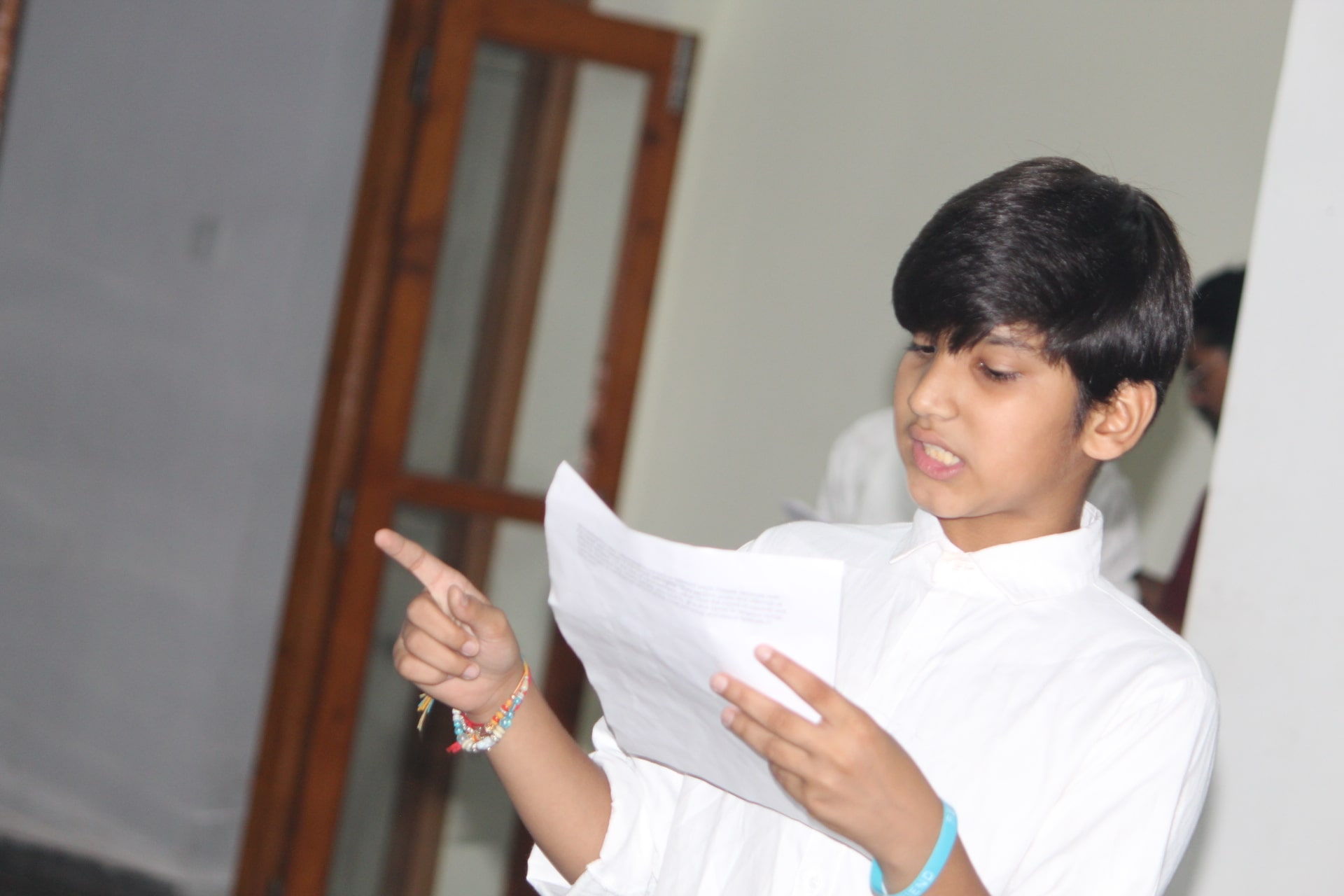Chai – Samosa Chronicles
18th, Nov 2022

Dyslexia is a common learning difficulty that can cause problems with reading, writing and spelling. It's a specific learning difficulty, which means it causes problems with certain abilities used for learning, such as reading and writing. Unlike a learning disability, intelligence isn't affected.
Types of Learning Disabilities
Dyscalculia. ...
Dysgraphia. ...
Dyslexia. ...
Non-Verbal Learning Disabilities. ...
Oral / Written Language Disorder and Specific Reading Comprehension Deficit.
Reading disability, or dyslexia, is the most common learning disability. It is a receptive language-based learning disability that is characterized by difficulties with decoding, fluent word recognition, rapid automatic naming, and/or reading-comprehension skills.
Educational techniques
Dyslexia is treated using specific educational approaches and techniques, and the sooner the intervention begins, the better. Psychological testing will help your child's teachers develop a suitable teaching program.
Teachers may use techniques involving hearing, vision and touch to improve reading skills. Helping a child use several senses to learn — for example, listening to a taped lesson and tracing with a finger the shape of the letters used and the words spoken — can help in processing the information.
Treatment focuses on helping your child:
Learn to recognize and use the smallest sounds that makeup words (phonemes)
Understand that letters and strings of letters represent these sounds and words (phonics)
Comprehend what he or she is reading
Read aloud to build reading accuracy, speed and expression (fluency)
Build a vocabulary of recognized and understood words
If available, tutoring sessions with a reading specialist can be helpful for many children with dyslexia. If your child has a severe reading disability, tutoring may need to occur more frequently, and progress may be slower.